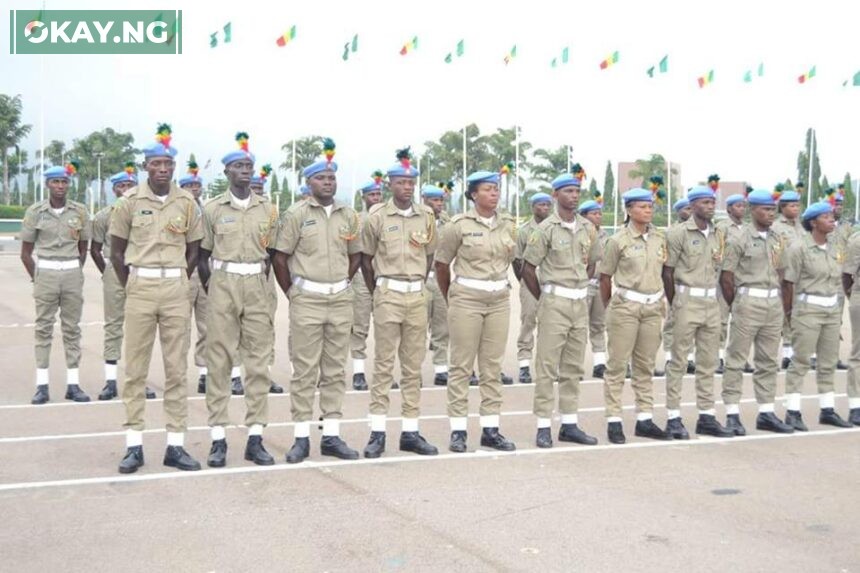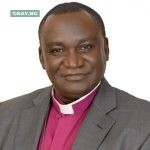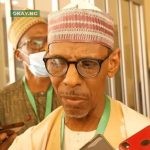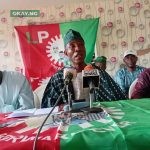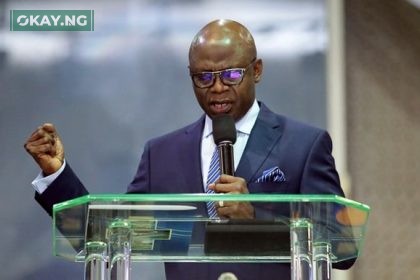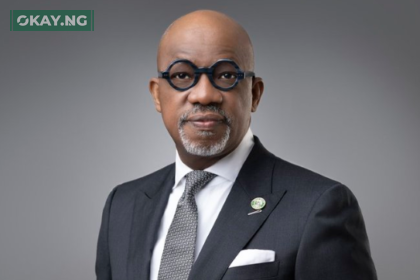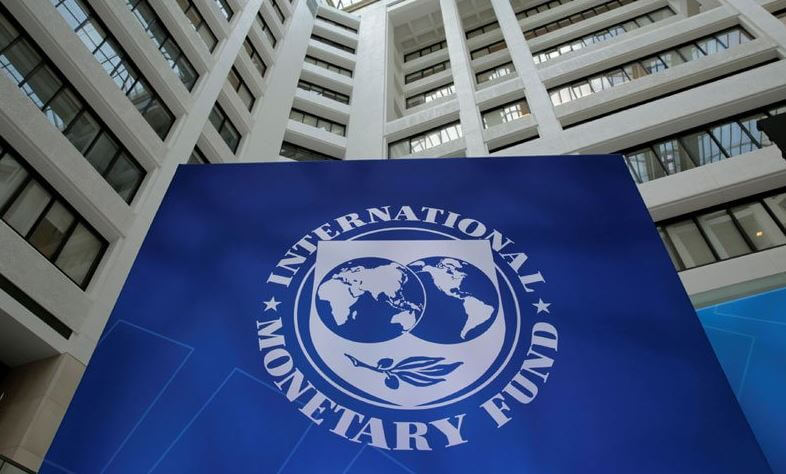The Nigeria Peace Corps Bill is a proposed legislation that seeks to establish the Nigeria Peace Corps as a government agency that will facilitate peace, volunteerism, community service, neighbourhood watch and nation-building.
The bill has been passed by both chambers of the National Assembly, but it is yet to receive presidential assent.
What is the Nigeria Peace Corps?
The Nigeria Peace Corps is a non-governmental organisation that was founded in 1998 by Dr Dickson Akoh, a retired army officer. The organisation claims to have over 180,000 members across the country, who are mostly youths. The Peace Corps members are trained in conflict resolution, mediation, peace education, security awareness and community development. They also engage in humanitarian activities, such as disaster relief, environmental protection, health promotion and social welfare.
What is the objective of the Nigeria Peace Corps Bill?
The objective of the Nigeria Peace Corps Bill is to give legal backing and recognition to the existing Peace Corps of Nigeria, and to empower and provide employment for youths, especially graduates. The bill also aims to support the government in maintaining public safety, promoting national unity and enhancing social order.
What are the functions of the Nigeria Peace Corps?
According to the bill, the functions of the Nigeria Peace Corps include:
- Enlisting and training youths as supporting agents of social order to provide a second line of public safety
- Engaging in peace advocacy, educating communities on security and safety measures, and carrying out surveillance and collating data on potential security risks
- Setting up farm settlements across senatorial districts to improve youth involvement in mechanised farming and food production
- Setting up desks at various entry points into the country to register tourists and visitors who have been cleared by the immigration service and other security agencies, and to serve as tour guards and guides for a fee
- Providing libraries at its headquarters and state commands to contain materials for the advancement of the knowledge and skills of members and for research purposes
- Establishing zonal, state, local government and area council commands, as well as squadron commands in educational institutions, to coordinate its activities at these levels
What is the structure and leadership of the Nigeria Peace Corps?
The bill provides for a governing board for the Nigeria Peace Corps, consisting of a chairman and two members from each of the six geo-political zones of Nigeria. The board will be responsible for the recruitment of regular members and other staff, as well as the formulation of policies and regulations for the organisation.
The bill also provides for a national commandant for the Nigeria Peace Corps, who will be appointed by the president for a term of four years, renewable for another term. The national commandant will be in charge of the recruitment of volunteers, the administration and operation of the organisation, and the implementation of the board’s policies and decisions.
The bill further provides for the establishment of officers and other ranks for the Nigeria Peace Corps, with the national commandant being the highest-ranking officer, followed by the deputy national commandants, zonal commandants, state commandants, local government commandants, area council commandants and squadron commanders.
What are the requirements and benefits of joining the Nigeria Peace Corps?
The bill stipulates that the age range for joining the Nigeria Peace Corps as a regular member or a volunteer is 18 to 35 years at the time of enlistment. The bill also requires that applicants must be Nigerian citizens, of good character, physically and mentally fit, and possess the minimum educational qualification of a secondary school certificate or its equivalent.
The bill states that members of the Nigeria Peace Corps will be entitled to salaries, allowances and other benefits as may be determined by the board, in consultation with the National Salaries, Incomes and Wages Commission. The bill also states that members of the Nigeria Peace Corps will be entitled to pensions and gratuities as may be prescribed by the board, in accordance with the provisions of the Pension Reform Act.
What is the status and fate of the Nigeria Peace Corps Bill?
The Nigeria Peace Corps Bill was first passed by the 8th National Assembly in 2018, but it was rejected by former President Muhammadu Buhari, who cited security concerns and financial constraints as his reasons for withholding assent.
The bill was reintroduced by the 9th National Assembly in 2020, and it was passed by the Senate in April 2021, and by the House of Representatives in February 2024. The bill is currently awaiting the president’s assent or veto.


